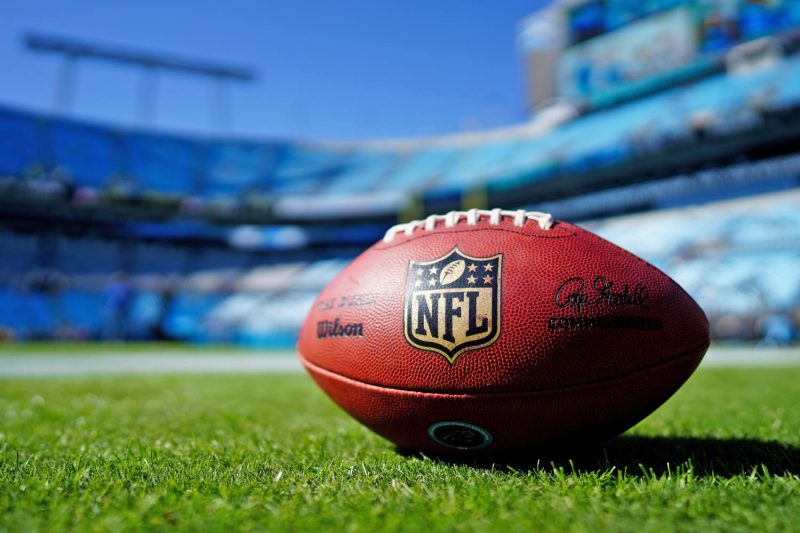NFL Owners Vote in Favor of Private Equity Investment
The recent decision by NFL owners to welcome private equity investment marks a significant shift in the league’s financial landscape. This move opens up new opportunities for growth and innovation while raising questions about potential risks and consequences. Private equity firms are known for their strategic financial investments in businesses across various industries, often aiming to maximize returns by improving operations and driving growth. The entry of private equity into the sports industry, particularly the NFL, raises interesting dynamics considering the league’s existing structure and revenue model.
One of the main drivers behind the NFL owners’ decision is the potential for injecting fresh capital into the league. Private equity firms can provide significant financial resources that can be used for a variety of purposes, such as stadium development, technology investments, or expanding the league’s global reach. With the sports industry becoming increasingly competitive and demanding, having access to additional capital can give NFL teams a competitive edge and help them stay ahead in an evolving market.
However, the entrance of private equity into the NFL also raises concerns about the impact on the league’s culture and long-term sustainability. Private equity firms are known for their focus on short-term financial gains, which could potentially clash with the NFL’s tradition of valuing long-term stability and community engagement. There is a risk that the pursuit of immediate profits may lead to decisions that prioritize financial returns over the interests of fans, players, and the overall integrity of the league.
Another aspect to consider is the potential influence of private equity investors on key decision-making processes within the NFL. While having access to additional capital can be beneficial, it also means giving up a degree of control to external investors who may have different priorities and agendas. The involvement of private equity firms in the NFL could lead to conflicts of interest and power struggles that may impact the league’s governance structure and decision-making mechanisms.
Moreover, the NFL’s move towards private equity investment could have broader implications for the sports industry as a whole. This decision sets a precedent for other professional sports leagues to consider similar partnerships with private equity firms, potentially reshaping the financial landscape of sports and changing the dynamics of ownership and control. The entry of private equity into the NFL could pave the way for greater investor involvement in sports and raise questions about the balance between financial interests and the values that underpin the sports we love.
In conclusion, the NFL owners’ vote in favor of private equity investment signifies a significant development in the league’s financial strategy. While this move offers opportunities for growth and innovation, it also poses challenges and risks that need to be carefully navigated. The entry of private equity into the NFL will undoubtedly have a lasting impact on the league’s dynamics, governance, and relationship with fans and players. Only time will tell how this partnership will unfold and what it means for the future of the NFL and the sports industry at large.

